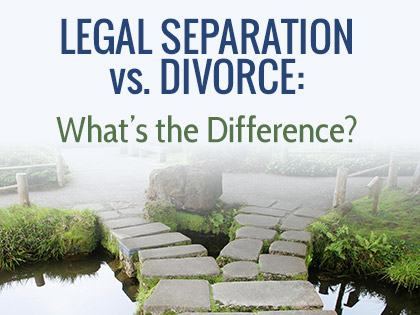Before you walk down the aisle and say “I do”, you need to know what a prenuptial agreement is and why you may need one. A prenuptial agreement is an agreement between two people who plan to marry concerning the ownership of their respective assets in the event of a divorce. The top five advantages of a prenuptial agreement in Georgia are certainty, debt protection, minimizes the divorce acrimony, protects the children, and cost of a prenuptial agreement.
Having a prenuptial agreement allows you to go into the marriage with a peace of mind that your spouse cannot decide to leave you suddenly and take all of your assets. When you both agree and sign the prenup, you are outlining the financial obligations and understandings of each spouse.
A prenup is the best way to protect assets that you have before the marriage. You can also set out the ownership of any increase in a pre-existing asset and set out the interest one party may have in an asset purchased after the marriage if pre-existing funds are used for the purchase.
A prenup is a great asset to have if your spouse will be bringing in a considerable amount of debt. This would be debt from previous credit cards, student loans, or old medical bills. With the prenup in place, you will not be responsible for any debt that was created before your marriage took place.
Having a prenup will relieve a considerable amount of tension if a divorce is ever an option. The divorce process would involve less conflict, stress, and resentment. In the case of a divorce, each spouse will know what his/her responsibilities are and make the divorce process go smoothly.
The prenuptial agreement is not just for the benefit of yourself and your spouse. This agreement will protect your children and any amount of money or assets they will be receiving. A prenup also protects any investments of children that were born before you were married.
To protect you and your spouse, both parties should retain a Georgia family law attorney who is skilled and experienced in drafting marital agreements. On average, a prenup costs about half of the average engagement ring price. A prenup will clarify all private agreements and help avoid extended court proceeding and additional legal fees.
Dreyer Law recommends creating a prenuptial agreement in advance of your wedding day. It will give you and your soon- to- be spouse the time to plan what needs to be in the prenup without taking away from your big day. Give Dreyer Law a call to set up a free consultation to learn more about prenuptial agreements or any of your family law needs.










